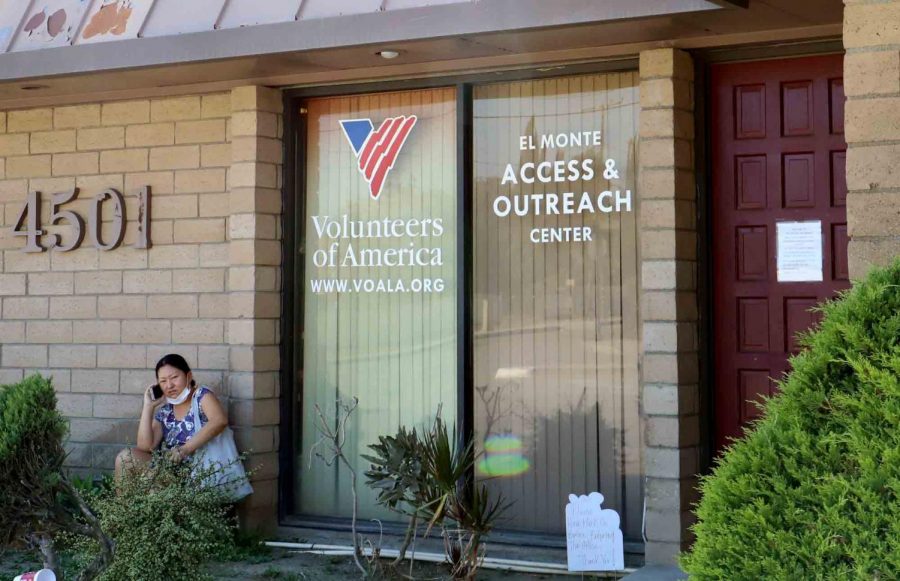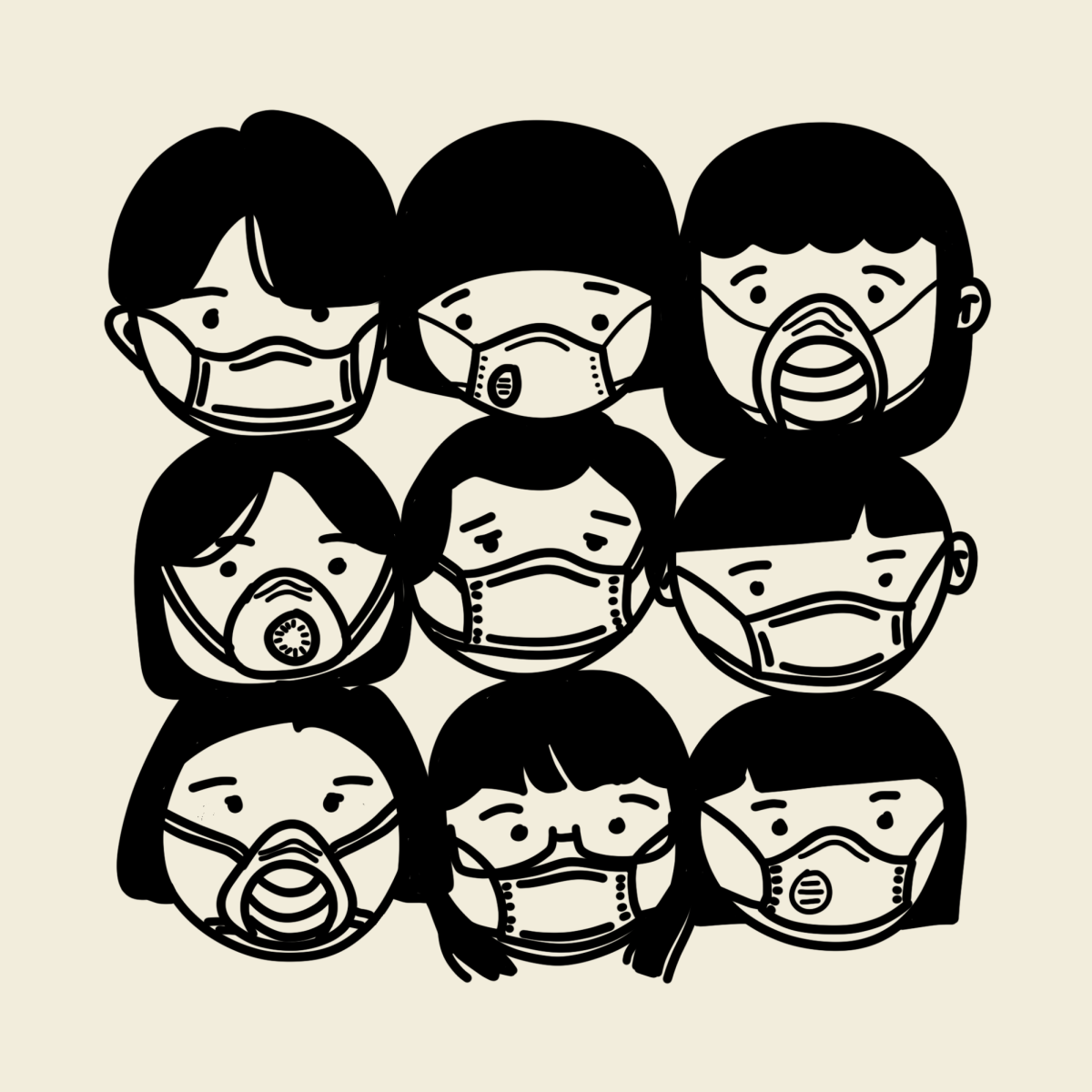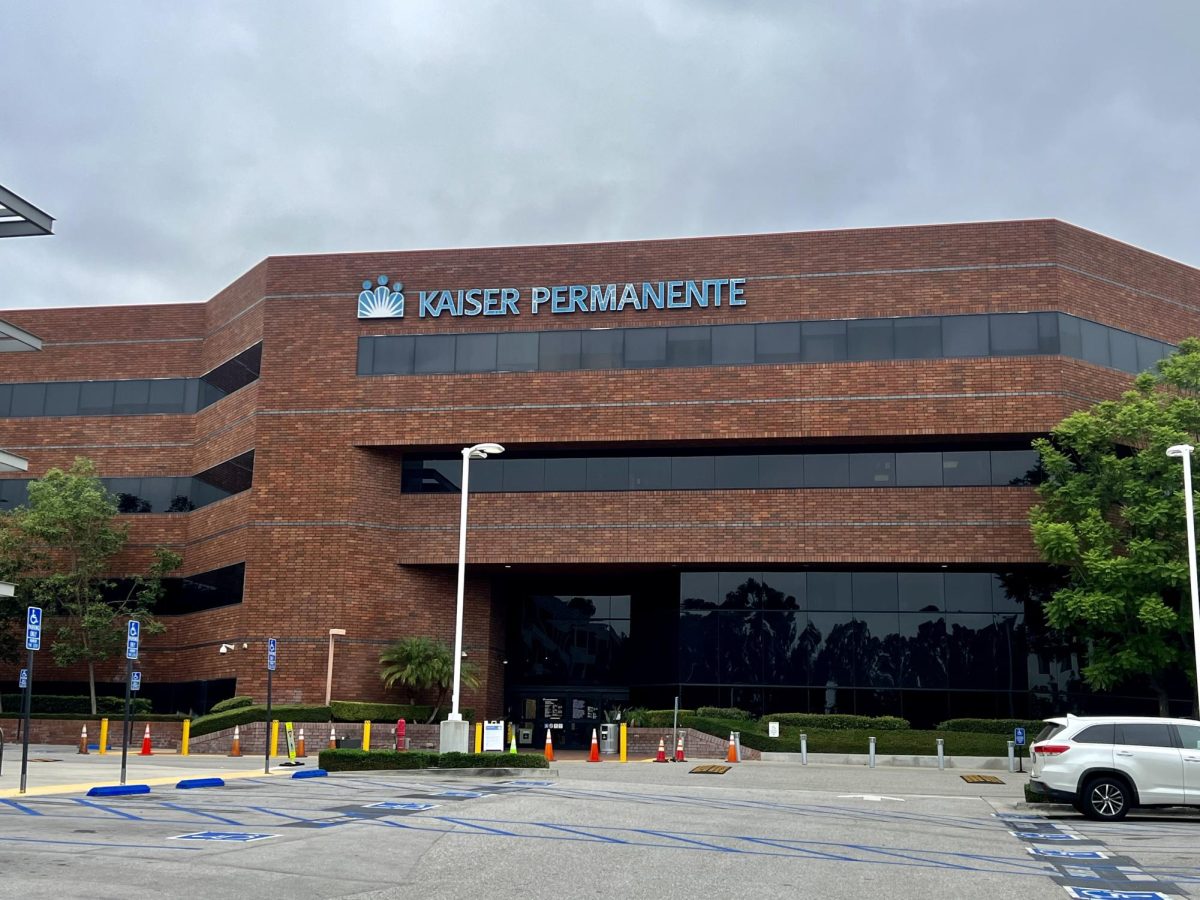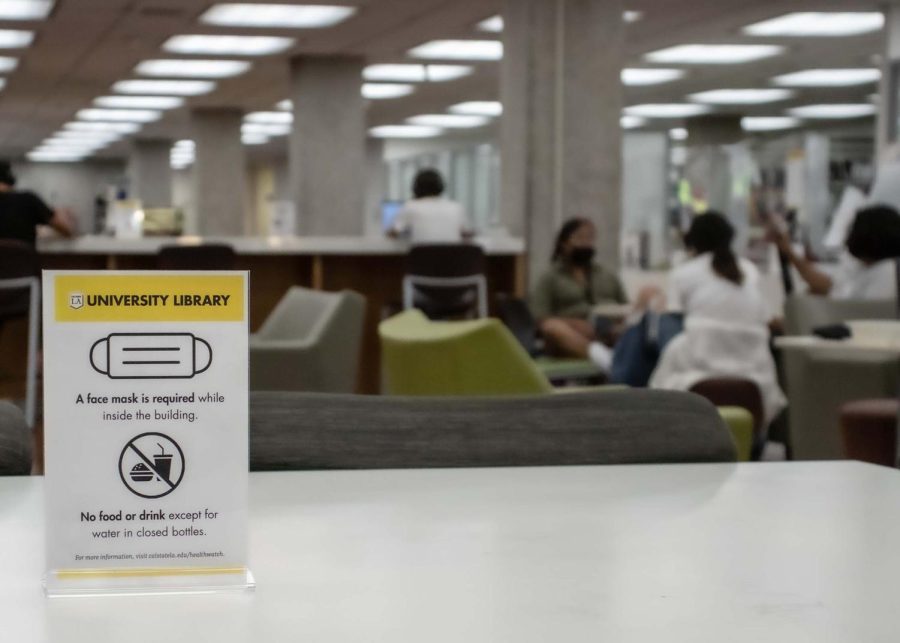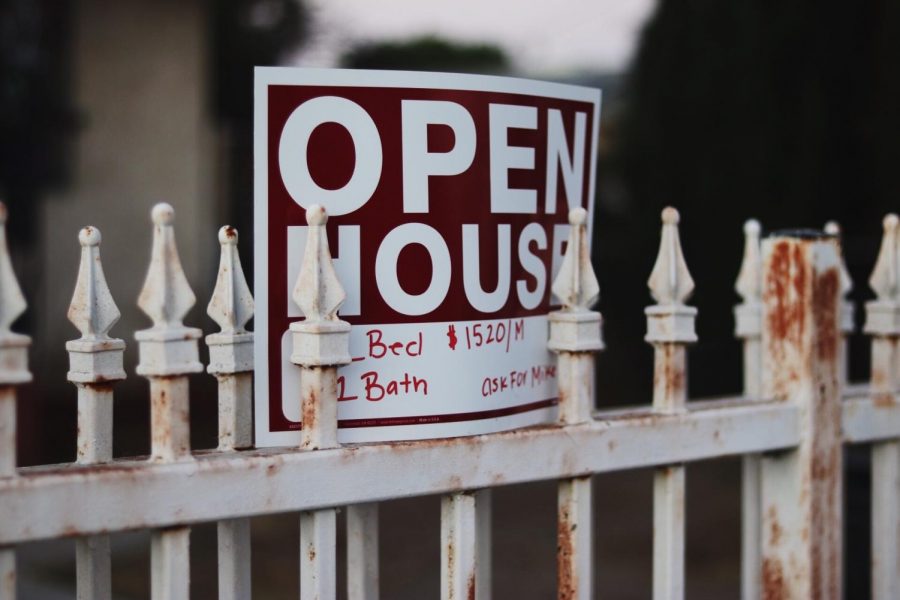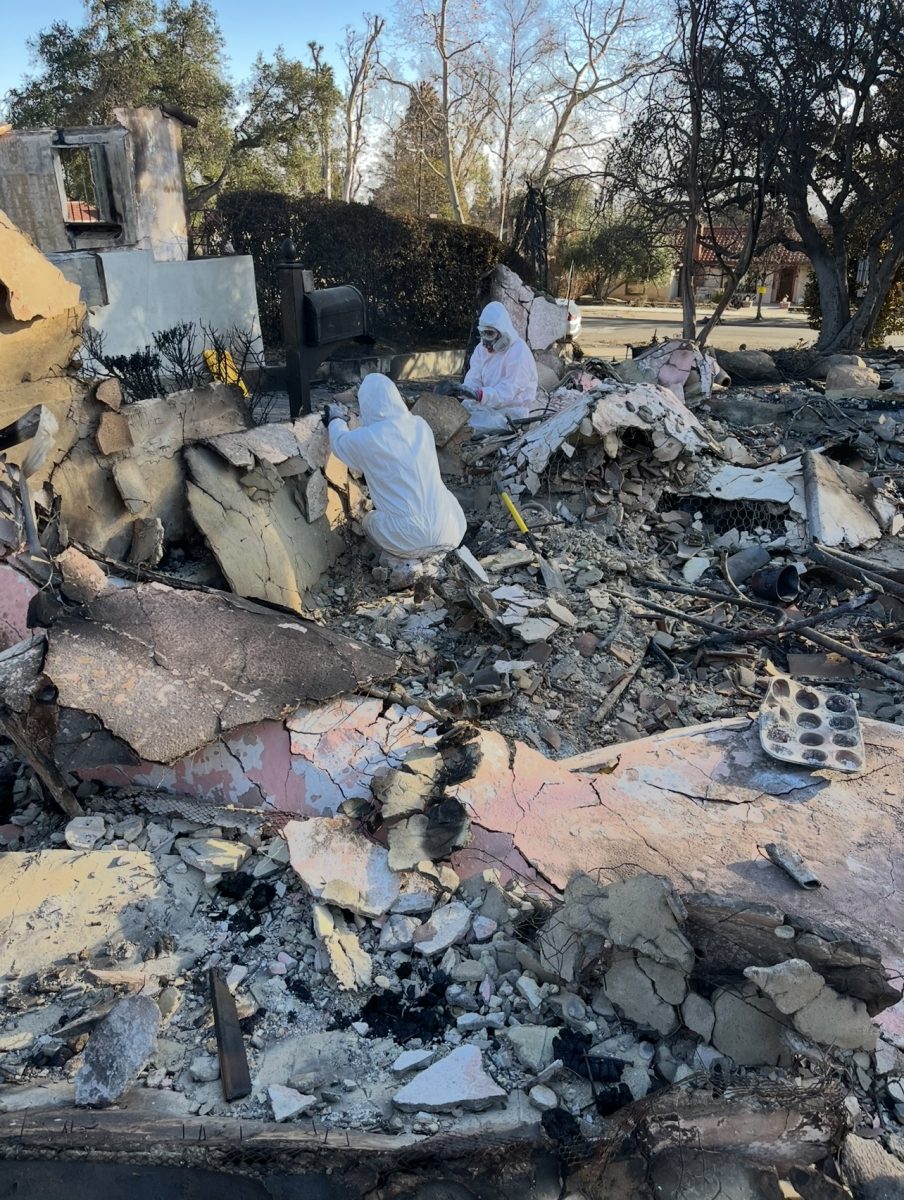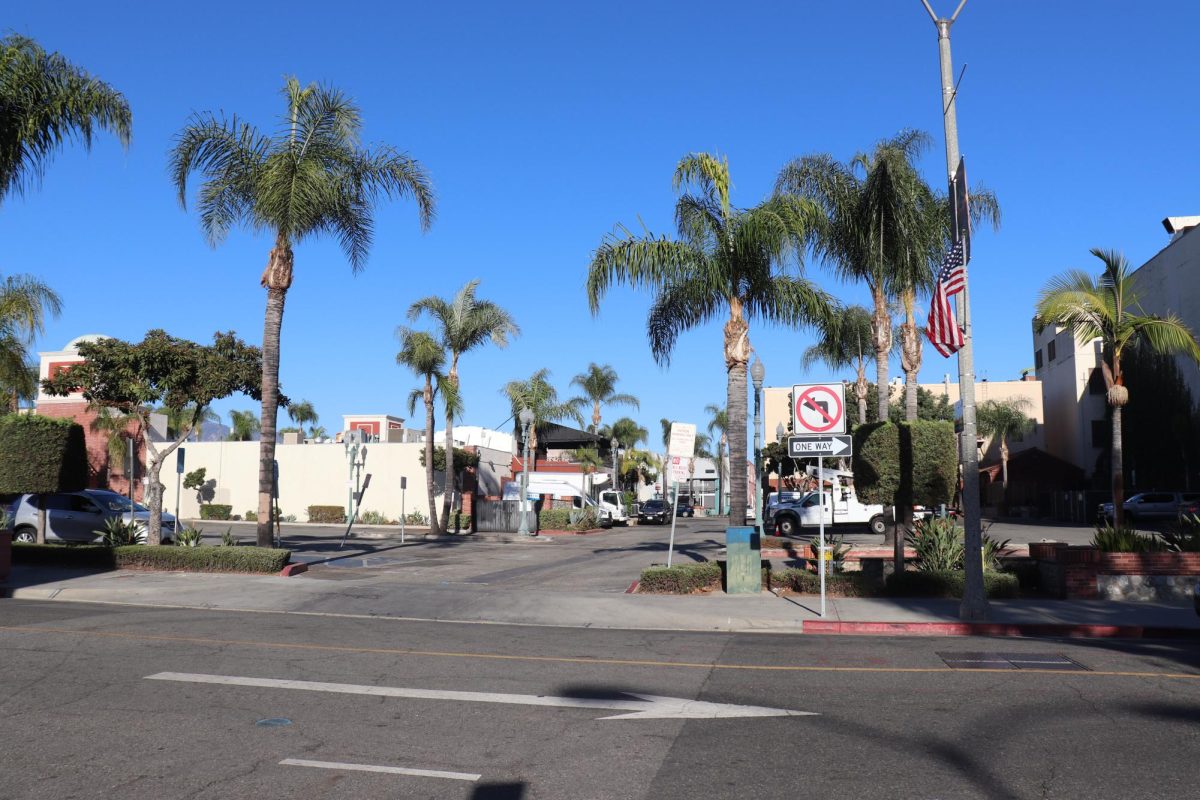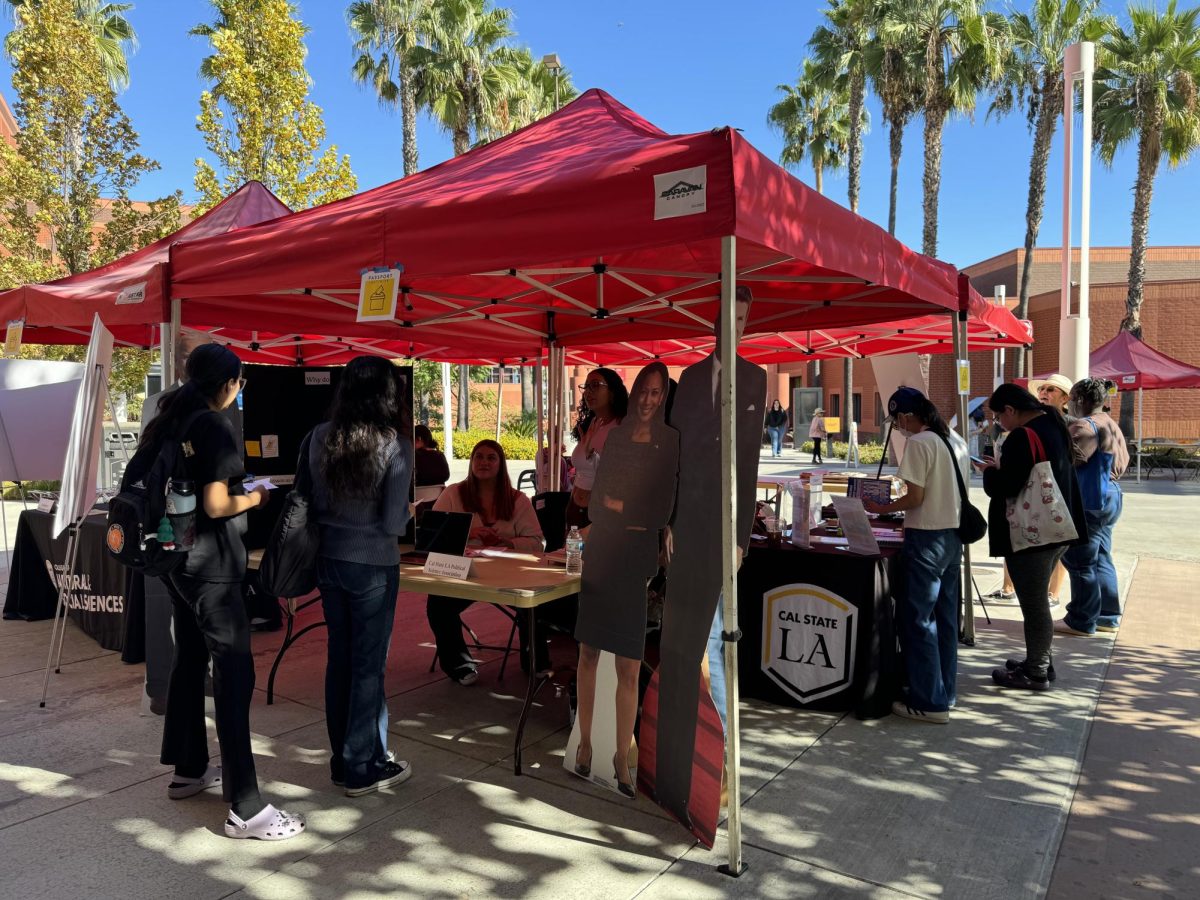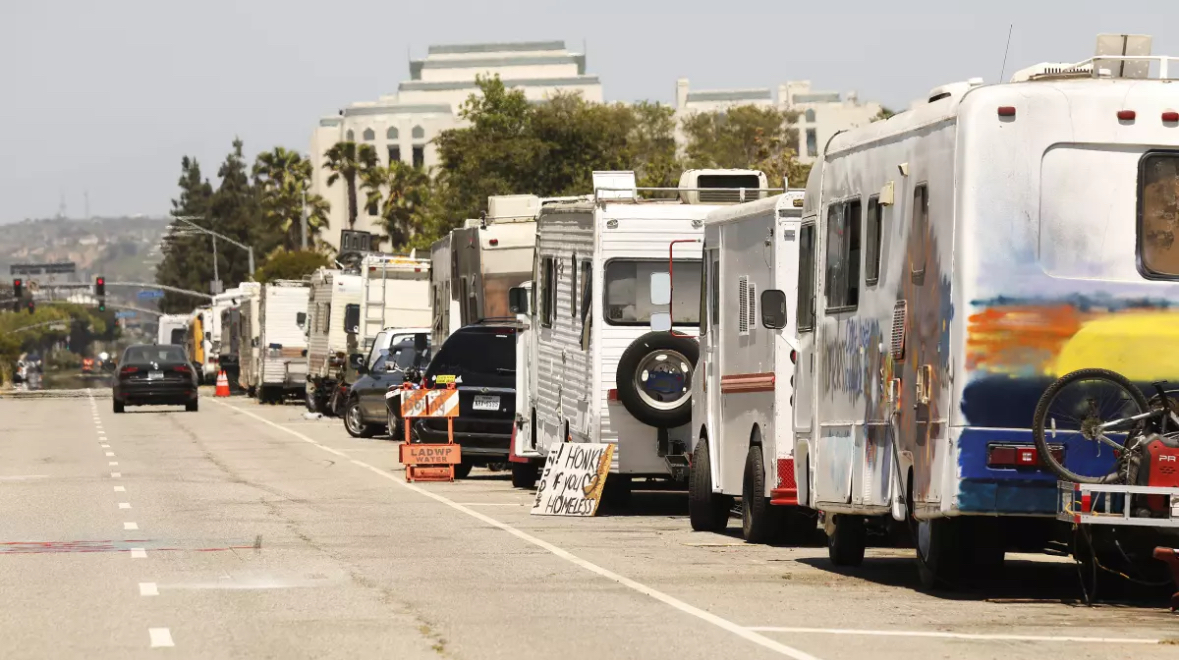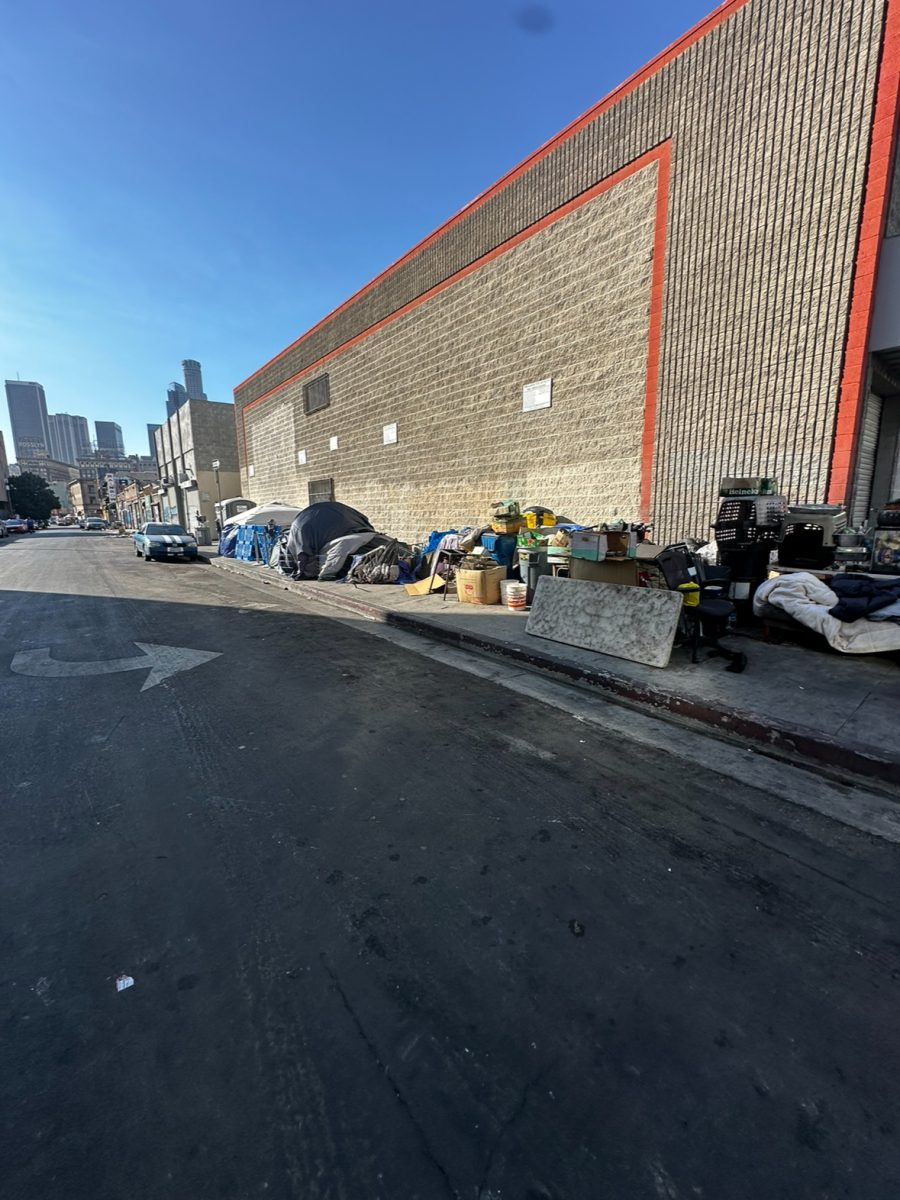A silver lining for Los Angeles residents during the pandemic has been the moratorium on evictions: Even while their lives were being upended by jobs and other losses, working-class families could still evade homelessness.
But as the county’s eviction moratorium comes to an end on Sept. 31, residents covered by it in cities like El Monte worry what will happen next.
Volunteers of America, which has a location in El Monte that’s called the El Monte Access Center, is now starting to see an uptick in prevention assistance this month, likely due to the ending of the moratorium, according to Volunteers of America Executive Director of External Affairs Orlando Ward.
“El Monte’s unemployment rate, poverty rate, housing vacancies, and eviction rate are greater than the average across Los Angeles County. Additionally, the median household income is substantially lower, suggesting that a greater proportion of residents may be at risk of homelessness,” according to the Los Angeles County City Homelessness Plans of 2018 report.
The number of people experiencing homelessness more than doubled in the city from 210 in 2017 to 488 in 2019, according to the Los Angeles Homeless Services Authority’s 2019 homeless count.
Besides the moratorium, what really helped with housing needs is state and federal funding that came into local communities during the pandemic.
“There’s a lot of money that came in, in response to COVID-19 so we’re able to use that to get people off the street,” Ward said. “There are some qualifiers, they have to be at high risk for COVID-19 but we’ve been able to negotiate with the funders to let them know that everyone is at risk.”
The Access Center provides services and resources for adults and families experiencing homelessness or who are on the brink of becoming homeless.
The group offers resources that help with employment, temporary shelter, access to food pantries, rapid rehousing and social services such as county benefit forms and identification forms. Substance abuse and mental health support services are also key and provided by other organizations such as the county’s Department of Mental Health.
“The idea is you want to open the front door, get people into housing as quickly as possible and close the back door so they don’t fall out of housing,” Ward said.
Project Homekey, a state initiative launched in response to COVID-19, is administered by the California Department of Housing and Community Development. This provided homeless individuals with a high risk of catching COVID, a rented hotel room to stay in. No doctor notes are required to prove whether the individual is high risk, according to Ward.
Two hotels, the M Motel and Budget Inn, both located on the same block on Valley Boulevard in El Monte were approved for Project Homekey, according to the Homekey 2021 Legislative Report.
“The city received $17.7 million from the state’s Homekey program on Nov. 17 to create 133 temporary beds and provide onsite support services,” according to a Community News’ article.
Ward predicts El Monte is now on track with its timeline to have these Project Homekey rooms open for permanent housing in November. Community News reported months-long delays earlier this year for the housing project.
The project will provide much needed housing to those experiencing homelessness while also helping quell residents and small business owners who have complained about safety and other issues related to having a large unhoused population in the city.
“One of the biggest problems that we have is that people just don’t understand the causes of homelessness and what we’re trying to do about it,” Ward said. “We’ve gotten enormous support from the El Monte city council as well as Supervisor Janice Hahn’s office so we feel that the community is very receptive to doing something positive for the homeless community, which doesn’t always happen.”
This sentiment is echoed by the people most often called to remove homeless people in public areas—the police.
“We get a lot of calls from the public about homeless people because people don’t realize that being homeless is out of their control,” El Monte Police Chief David Reynoso said.
Reynoso said that approximately 9% of their phone calls relate to homelessness, mental health, and substance abuse issues: “The homeless are people, not stray dogs. You can’t just shoo them away. They’re people. Sometimes the public forgets that.”
Community News produces stories about under-covered neighborhoods and small cities on the Eastside and South Los Angeles. Please email feedback, corrections and story tips to UTCommunityNews@gmail.com.

